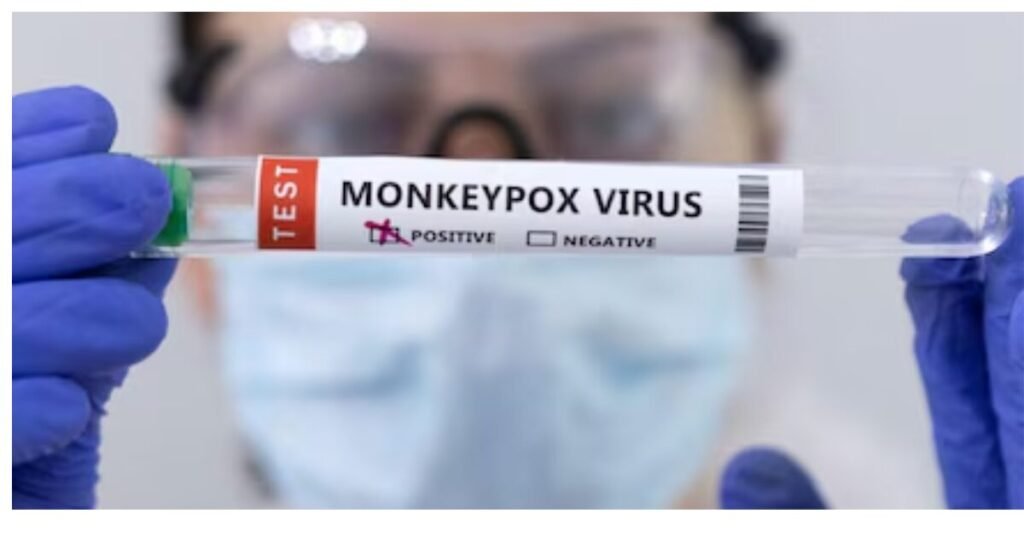
India has confirmed its first case of Mpox (formerly known as Monkeypox) caused by the highly transmissible Clade 1B strain, raising concerns across the nation. This strain, known for its higher fatality rate compared to earlier variants, was detected in a 26-year-old patient from Haryana. The patient is stable, and authorities assure that there is no immediate threat to public safety.
The World Health Organization (WHO) had recently declared Mpox a disease of international concern due to its rapid spread across regions. Mpox primarily spreads through close physical contact, including skin-to-skin and mouth-to-skin interactions, as well as through contaminated surfaces like bedding or clothing. Unlike Covid-19, it is not airborne, but its transmission can occur via unprotected contact with infected individuals.
Kerala Takes Action: Revised Guidelines on the Way
The Kerala Health Department is swiftly responding by revising its guidelines to manage the spread of Mpox more effectively. In 2022, Kerala faced several cases of Mpox and implemented safety measures, which will now be updated to reflect the new Clade 1B strain’s characteristics.
Health authorities emphasize the importance of maintaining hygiene, avoiding unprotected close contact, and following preventive protocols to minimize the risk. Surveillance, early detection, and public awareness will be key in preventing the virus from spreading further across the country.
Who is at Risk?
People who are in close contact with an infected person, particularly those engaging in skin-to-skin or sexual contact, are at the highest risk. Caregivers of infected patients must use personal protective equipment (PPE) to avoid exposure.
Mpox Symptoms
The symptoms of Mpox include fever, headache, muscle aches, swollen lymph nodes, and a distinctive rash that can last up to four weeks. The rash, which looks like blisters or sores, often appears on the face, palms, soles, and genital areas.
As India monitors the situation closely, authorities are encouraging the public to remain vigilant, follow updated health guidelines, and report any symptoms to healthcare providers for timely diagnosis and treatment.
Stay updated with ibizznews.com for the latest developments on the Mpox outbreak in India.




